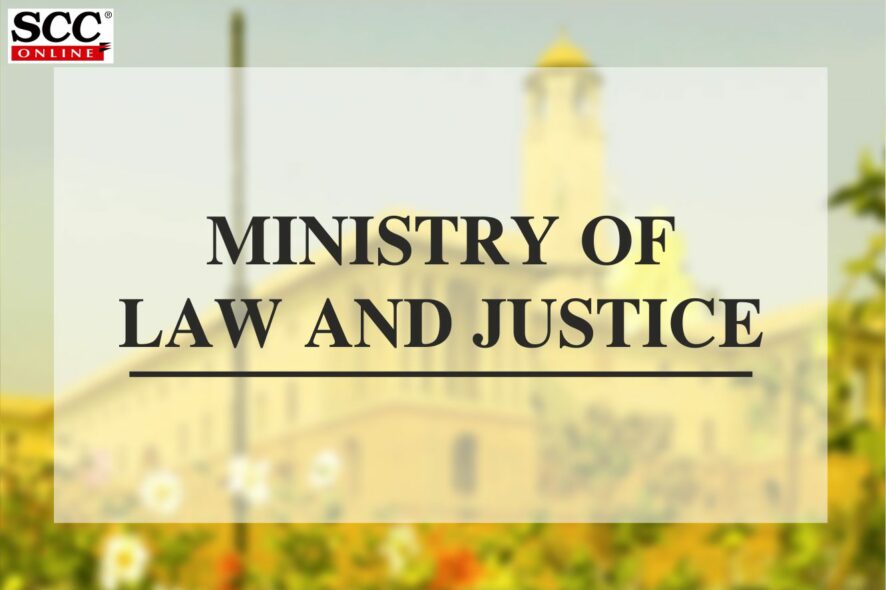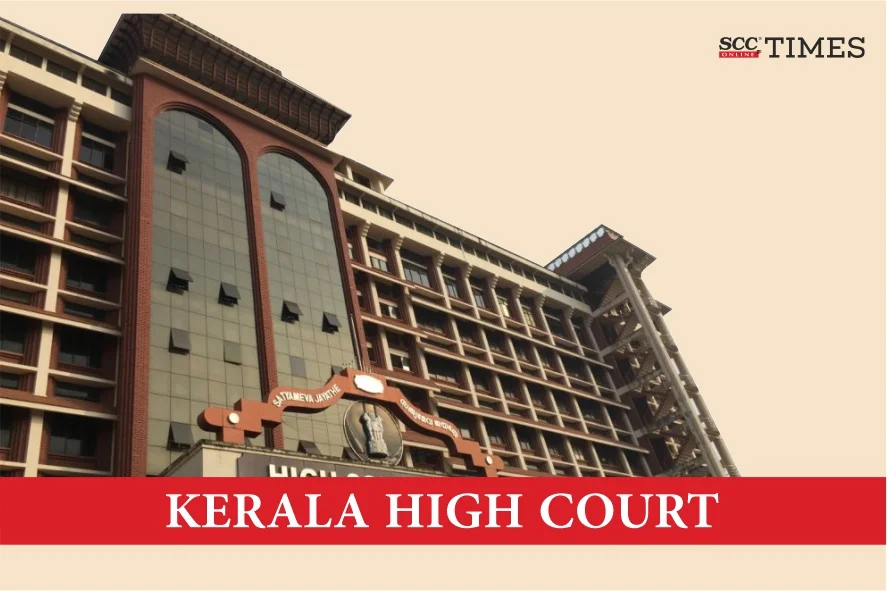The Central Government has notified the Essential Defence Services Act, 2021 on August 11, 2021. It shall be deemed to have come into force on the June 30, 2021. The Act shall be effective for one year from the date on which it receives the assent of the President.
Key features of the Act are:
- Definitions:
Essential defence services: Essential defence services include any service in:(i) any establishment or undertaking dealing with production of goods or equipment required for defence related purposes, or (ii) any establishment of the armed forces or connected with them or defence. These also include services that, if ceased, would affect the safety of the establishment engaged in such services or its employees. In addition, the government may declare any service as an essential defence service if its cessation would affect the: (i) production of defence equipment or goods, (ii) operation or maintenance of industrial establishments or units engaged in such production, or (iii) repair or maintenance of products connected with defence.
Strikes: Under the Act, strike is defined as cessation of work by a body of persons acting together. It includes: (i) mass casual leave, (ii) coordinated refusal of any number of persons to continue to work or accept employment, (iii) refusal to work overtime, where such work is necessary for maintenance of essential defence services, and (iv) any other conduct which results in, or is likely to result in, disruption of work in essential defence services.
- Power to prohibit strikes: Under the Act, the central government may prohibit strikes, lock-outs, and lay-offs in units engaged in essential defence services, in the interest of: (i) public interest (ii) security of any state (iii) public order (iv) sovereignty and integrity of India (v) decency or (vi) morality. The prohibition order will remain in force for six months, and may be extended by another six months.
- Removal of persons: A police officer may take all such measures to remove any person violating the prohibition order, whose presence in any area connected with the (a) defence equipment production services; or (b) operation or maintenance of any industrial establishment or unit engaged in production or manufacturing of goods or equipment required for any purpose connected with defence; or (c) repair or maintenance of products connected with defence.
- Illegal Strikes: Employees engaged in illegal strikes or responsible for instigating a strike shall be liable for disciplinary action (including dismissal). Persons commencing or participating in illegal strikes will be punished with up to one year imprisonment or Rs 10,000 fine, or both.
- Punishment for instigation of strike: Persons instigating, inciting, or taking actions to continue illegal strikes, or knowingly supplying money for such purposes, will be punished with up to two years imprisonment or Rs 15,000 fine, or both.
- Punishment for providing financial aid to illegal strikes: Persons responsible for providing financial help to illegal strikes shall be punishable with up to two-year imprisonment or Rs. Rs. 15,000 penalty or both.
- Arrest without warrant: All offences punishable under the Act will be cognisable and non-bailable.
*Tanvi Singh, Editorial Assistant has reported this brief.












